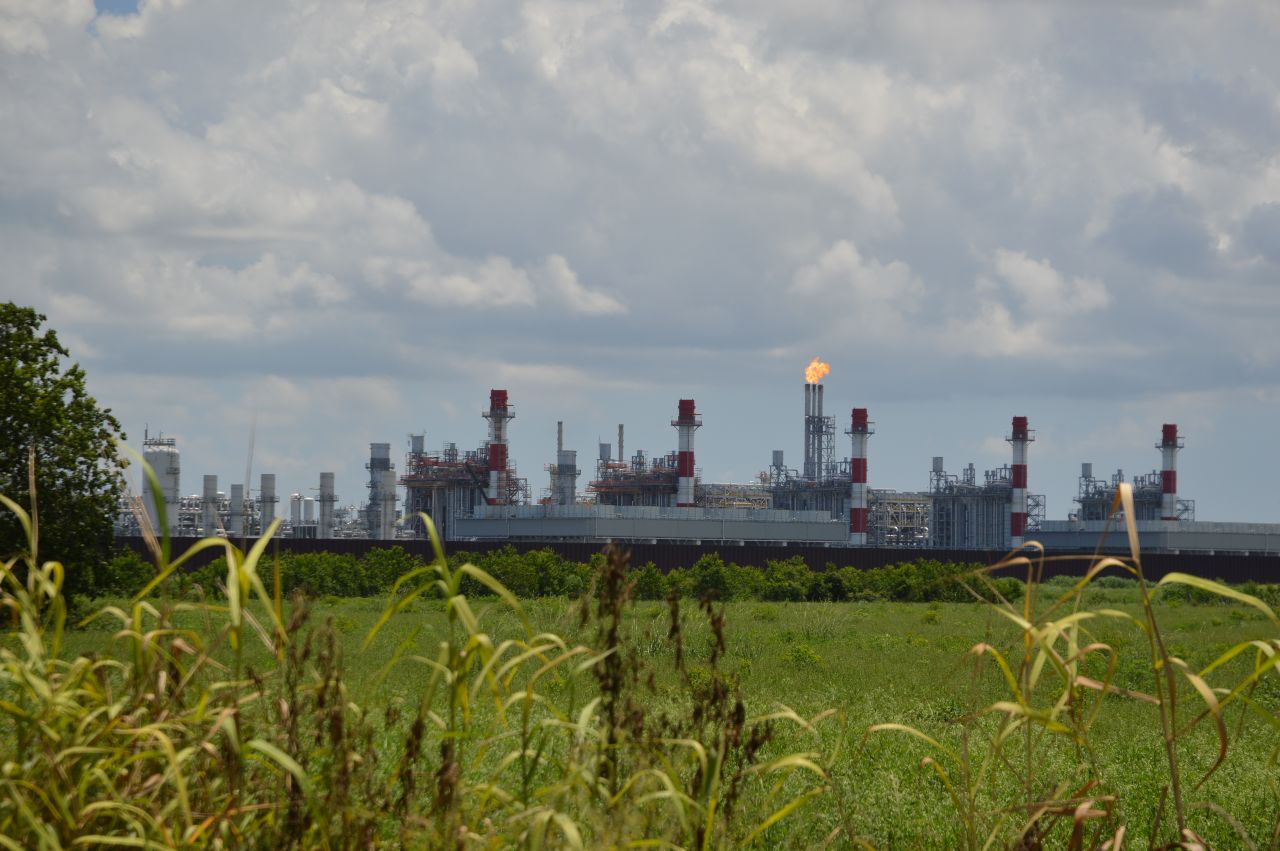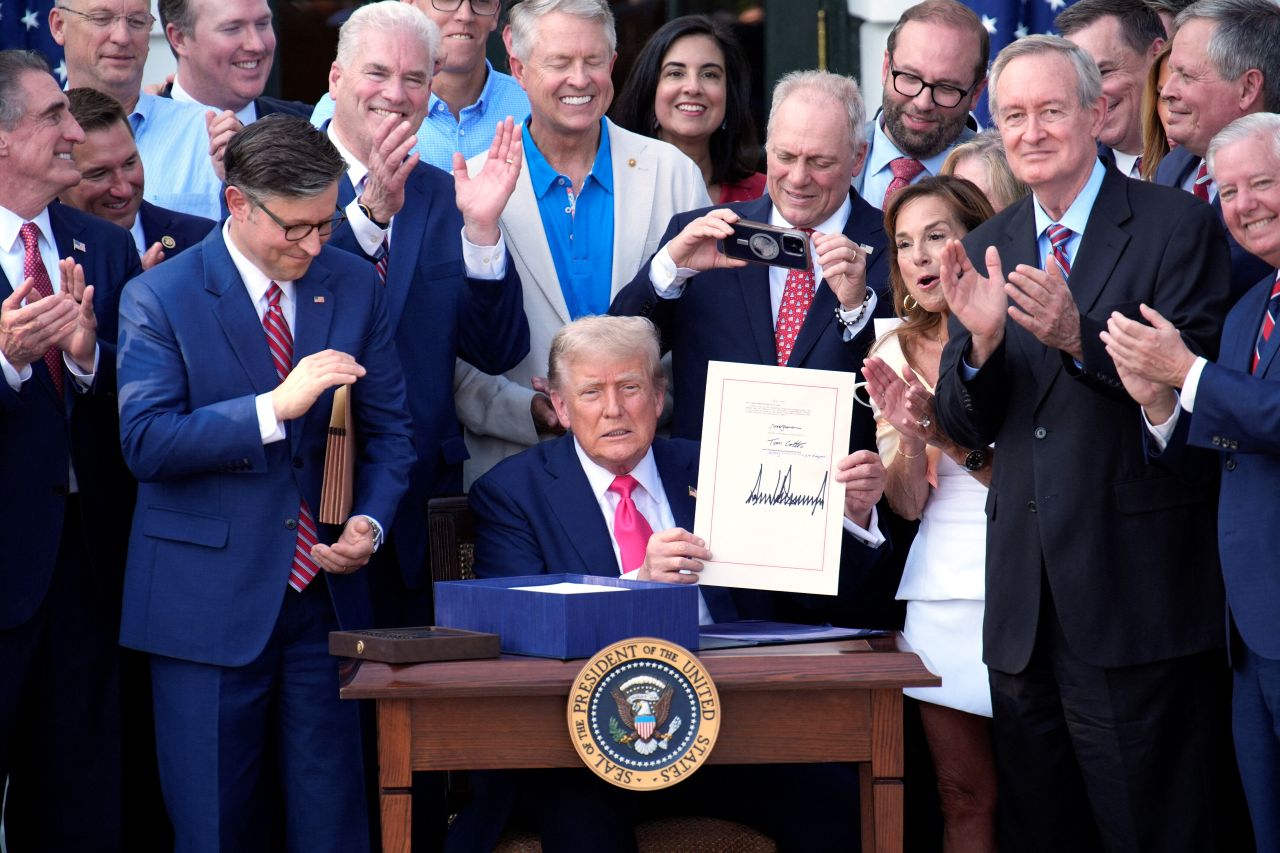With 34 petrochemical ‘plastics recycling’ plants proposed across U.S., a small PA town fights back -- and wins

Point Township, Pennsylvania -- A plan to build what would have been the largest petrochemical plant in the U.S. dedicated to breaking down plastic waste into chemicals for resale was cancelled today after a local township board voted unanimously to “strenuously and unequivocally” oppose Encina’s proposed plant on the banks of the Susquehanna River.
The April 2 vote by the Northumberland Borough Council, which represents a community of about 3,900 people near the plant site in central Pennsylvania, led to a major win by local environmentalists fighting the project.
The company announced in a press release on April 18 that it was cancelling the project. "Encina’s management team has decided not to proceed with the construction of our circular manufacturing facility in Point Township, Pennsylvania, but will move forward in our other customer markets," the company said.
"It's official -- Encina is pulling out!!! We won! we won!" a community group called Save Our Susquehanna emailed to supporters hours later.
The sudden reversal by the Texas-based company came after the Northumberland Borough Council voted to oppose plans by Encina to withdraw 2.9 million gallons of water a day from the Susquehanna and discharge contaminated wastewater back into the river, which is the Chesapeake Bay’s biggest tributary.
The council also objected that the Encina plant, which would manufacture benzene, a carcinogen, “would pose unacceptable risks of toxic emissions into the air that may cause cancer….; harm to the nervous system and brain; birth defects; irritation to the eyes, nose, and throat; (and) impaired lung function.”
Although the council’s resolution was not legally binding, it was the latest example of rising opposition to a wave of 34 proposed petrochemical plants proposed across the U.S. that wrap themselves in what critics say is misleading language about “recycling” plastics.
“The whole plastics recycling thing is a lie,” said Sandy Field, organizer with Save Our Susquehanna, a group of neighbors fighting the Encina plant in Point Township, Pennsylvania. “The truth is that plastics recycling doesn’t work and will never work. It’s not a thing. We have to accept that.”
The claim that Encina and the 33 other proposed “chemical recycling” plants were part of a sustainable future for plastics, which are manufactured from oil and gas, was challenged in a recent national report by the nonprofit group Beyond Plastics.
The report, “Chemical Recycling: A Dangerous Deception,” found that only about 5 percent of plastic in the U.S. is actually recycled, compared to about 67 percent of paper. This is because paper can be much more economically and effectively recycled than plastic, which degrades when it is reprocessed and re-used. The plastics industry has long fought to cover up this truth and pretend that plastics recycling is viable, according to the Beyond Plastics report, which is based in part on public records and the testimony of former plastics industry officials.
In fact, about 70 percent of the plastic that consumers put into recycling bins for traditional recycling was shipped to China and other overseas markets, where it was eventually dumped into landfills or burned.
This new wave of “chemical recycling” or “advanced recycling” plants now being proposed uses chemicals or heat to break down plastics into toxic chemicals, like benzene and toluene, that can be sold for other industrial purposes or burned to generate power, according to the report. Rarely does “chemical recycling” actually produce plastic. And when it does, it’s a lower grade of plastic that is too poor in quality and too expensive to compete in the marketplace with new plastic made from oil and gas. Usually, “chemical plastics recycling” just produces toxic chemicals, air pollution, and solid waste that must be landfilled.
However, the campaign to promote the idea of plastic recycling is a strategy to avoid regulation and responsibility for managing a stubbornly persistent waste product made from oil and gas and littering the planet, according to the Beyond Plastics report.
In 2018, China banned any more import of plastic waste because it realized it was becoming a global dumping ground. The export of plastic trash, allegedly for “recycling” – which was really mostly landfilling – then shifted to Indonesia, Thailand, and Malasia, until they, too, refused to keep taking the waste of wealthy nations.
Now the outfall pipe for American trash flowing overseas has been blocked. So a flood of plastic refuse is backing up here in the U.S. Specifically, a tidal wave of plastic debris is heading toward 33 U.S. communities (but no longer any in Pennsylvania) targeted for new plastics waste management projects misleadingly called “recycling.” According to the Oil & Gas Watch database of permit applications, these include eight projects in Texas; six in Louisiana; and three each in Arizona and Illinois, among other states.
Encina, the eight-year old corporation behind the recently cancelled Pennsylvania project, already runs a small demonstration facility in San Antonio that extracts industrial chemicals – like propylene, xylene, benzene and toluene – with financial value out of plastic waste by chemically treating the plastic to split its molecular chains.
The company had been hoping to dramatically expand its operations into Pennsylvania with a $1.1 billion plant, using a former farm field beside the Susquehanna River in Northumberland County. If built, it would have been larger than any of the 12 existing chemical recycling plants currently operating in the U.S.
According to records of the Pennsylvania Department of Environmental Protection (DEP), Encina planned to build an 830,000-square-foot building to sort and wash plastic waste. As many as 41,793 tractor trailer loads of baled plastic waste would have been trucked into the site every year, which would have meant more than 110 trucks each day, according to the Northumberland Council. Every year, the Point Township Circular Manufacturing Facility had been expected to divert up to 450,000 tons of materials from landfills, incinerators and other less desirable endpoints,” Encina said on the project website.
The plant would have washed the waste with water from the Susquehanna River. Of the 2.9 million gallons of water a day the company planned to draw from the river to wash the plastics, about 60 or 70 percent would be returned to the river. Local residents worried about plastic particles and “forever chemicals” (PFAS) in plastics polluting the river and downstream Chesapeake Bay.
The concerns were heightened by the fact that parts of the plant development site’s footprint are within the river’s 100-year floodplain, according to an analysis of the company’s plans by a Bucknell University environmental science professor.

Andrew Stuhl, chair of environmental studies and sciences at Bucknell University, noted that the Susquehanna River floods frequently and that it would be dangerous to build in the floodplain a plant that stores and processes chemicals like benzene.
“If we are talking about hazardous chemicals stored and produced in the flood plain, that is a recipe for disaster – a plan to fail,” Stuhl said last week. “It’s setting up the likelihood of a high-profile disaster. One of the last industries we want in the flood plain is chemical manufacturing.”
Under Encina’s plans, rail cars full of petrochemicals like benzene and toluene would have been shipped from the plant through the small town of Northumberland.
Glenn Moyer owns a brick rowhouse in Northumberland facing those rail lines. Before the project's cancellation, said he had been worried about a derailment and explosion of chemical rail cars, like what happened in East Palestine, Ohio.
“There will be train cars filled with some of the worst, most toxic chemicals coming out of that plant, and so we are very wary of any number of disasters that could come from that,” he said, standing beside the tracks last week.
Walking to a nearby town park with a little league field, Moyer pointed to the town’s boat launch and across the river to a campground and state park where people love to fish and canoe in the summer. He said the community has been dreaming of making itself a tourist destination by expanding its waterfront park and bringing in a riverboat for scenic trips down the Susquehanna.

“But who wants to live next to a chemical plant?” Moyer asked last week.
Lana Gulden, a retired mental health worker who lives in Northumberland Borough, was one of many local residents who posted large signs on her yard proclaiming: “Stop Encina! No toxic chemical plant.”
“If this (had been) built, this area would become another cancer alley,” Gulden said.
As it turned out, the signs were right. There will be no toxic chemical plant built in the community, according to Encina's press release on April 18.
Lead photo: Lana Gulden stands in front of her home in Point Township, Pennsylvania, with yard signs showing her opposition to the proposed Encina chemical recycling plant.















